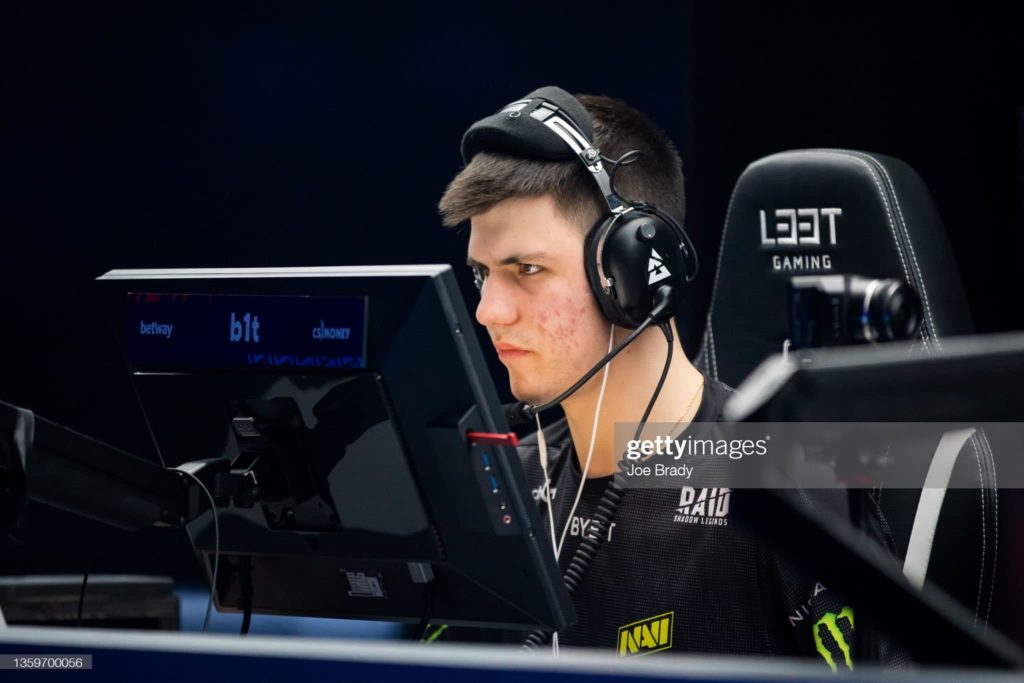Hookup Check: Your Ultimate Dating Resource
Explore insights, tips, and advice for modern relationships and hookups.
Inside the Mind of Pro CS:GO Players: What Sets Them Apart?
Discover the secrets that elevate pro CS:GO players above the rest! Unlock the mindset, strategies, and skills that lead to victory.
The Mental Game: Key Psychological Traits of Elite CS:GO Players
The mental game in competitive gaming, particularly in Counter-Strike: Global Offensive (CS:GO), is just as crucial as raw skill and tactical understanding. Elite players exhibit a range of psychological traits that enable them to perform at optimal levels under pressure. Key among these traits is resilience, which allows players to bounce back from setbacks and maintain focus despite the unpredictable nature of the game. Additionally, top-tier players often exhibit a robust level of self-discipline; this quality ensures they adhere to rigorous training regimens and constantly seek ways to improve their gameplay, fostering a commitment to excellence.
Another important psychological trait is mental fortitude, the ability to remain calm and composed in high-stakes situations. Elite CS:GO players frequently find themselves in tense scenarios where a single mistake can be disastrous, making mental toughness essential. Moreover, team dynamics play a pivotal role in a player’s success. Exceptional players understand the value of communication and synergy with their teammates, allowing them to strategize effectively and adapt to evolving situations in real-time. By mastering these core psychological traits, elite players not only enhance their own performance but also elevate their entire team to new heights.

Counter-Strike is a popular series of first-person shooter games that has captivated players since its inception. Players engage in team-based combat scenarios, often focusing on completing objectives while eliminating opponents. If you're looking to enhance your gameplay, you might want to check out zywoo settings for some expert tips.
Training Regimens: How Pro CS:GO Players Prepare for Competition
Training regimens for professional CS:GO players are meticulously crafted to enhance both skill and mental resilience. A typical regimen may include aim training through dedicated maps like aim_lab and community servers, where players focus on improving their mouse control and reaction time. Additionally, they often participate in deathmatch games to practice real-time combat scenarios. Aside from mechanical skills, a well-rounded training program incorporates strategic reviews, where players analyze past matches and learn new tactics. This comprehensive approach ensures that they are prepared for any challenge on the battlefield.
Moreover, mental preparation is equally important in these training sessions. Professional players engage in team-building exercises to strengthen communication and teamwork. They may also implement mindfulness techniques or even hire sports psychologists to maintain focus under pressure. Setting specific goals for each practice session helps maintain motivation and track progress over time. By blending technical skill development with mental fortitude, CS:GO players ensure they remain at the top of their game, ready to face any opponent in high-stakes competitions.
Strategic Thinking in Action: Decision-Making Processes of Top CS:GO Players
Strategic thinking is a crucial component in the decision-making processes of elite CS:GO players. These top-tier gamers don’t merely rely on reflexes; they engage in a complex series of cognitive evaluations to determine the best course of action in high-pressure situations. For instance, players such as s1mple and dev1ce utilize a combination of predictive modeling and real-time analysis to anticipate their opponents' moves, allowing them to execute strategies that often leave their adversaries disoriented. This involves not only understanding their own team's capabilities but also keenly observing the enemy's play patterns, which are critical to formulating effective counter-strategies.
In addition to analytical skills, the decision-making processes of these players are heavily influenced by several psychological factors, including risk assessment and emotional regulation. When confronted with rapid engagements, elite players weigh potential outcomes while remaining calm under pressure. Their ability to communicate effectively with teammates enhances collaborative decision-making, where structured calls often define the game's direction. As an illustrative example, during clutch moments, players will often rely on methods such as calculated aggression—the act of taking risks only when they can predict potential success—showcasing a blend of stats and instinct that is quintessential to strategic gameplay.